Introduction to Ekobact 1.5gm Injection
Ekobact 1.5gm injection combines two active ingredients: Cefoperazone, a third-generation cephalosporin antibiotic, and Sulbactam, a beta-lactamase inhibitor. This combination is highly effective against a wide range of bacteria and is commonly used to treat serious infections such as urinary tract infections, respiratory tract infections, intra-abdominal infections, septicemia, meningitis, skin infections, bone infections, and endometritis.
This medication is contraindicated for individuals with known hypersensitivity or allergies to any of its components. If you are allergic to any antibiotic, inform your physician before taking this drug. It is crucial to avoid alcohol consumption, including alcoholic beverages, medications containing alcohol, mouthwashes, or food preparations, during treatment and up to five days after the last dose. Alcohol intake during this period can lead to a disulfiram-like reaction, causing symptoms such as flushing, sweating, headache, and an increased heart rate.
Uses of Ekobact 1.5gm Injection
- Respiratory Tract Infections
- Urinary Tract Infections
- Intra-abdominal Infections
- Septicemia
- Meningitis
- Skin and Soft Tissue Infections
- Bone and Joint Infections
- Endometritis
Therapeutic Effects of Ekobact 1.5gm Injection
Cefoperazone is an antibiotic that works by interfering with bacterial cell wall synthesis, leading to the destruction of the bacteria. Sulbactam, the beta-lactamase inhibitor, helps inactivate the beta-lactamase enzymes produced by certain bacteria. This prevents the breakdown of cefoperazone by these enzymes, enhancing its effectiveness against resistant bacteria.
Interaction of Ekobact 1.5gm Injection with other drugs
Inform your physician about all your medicines, including prescription, over-the-counter, vaccinations, nutritional and vitamin supplements, and herbal products. Certain medications may interact with the effects of Ekobact 1.5gm injection and reduce its effectiveness by causing undesirable side effects.
More Information about Ekobact 1.5gm Injection
- Keep the Injection away from the reach of children and pets.
How to consume Ekobact 1.5gm Injection
Do not self-administer the Ekobact 1.5gm injection. Your doctor will decide the duration and dose of your treatment based on the disease severity and other factors. It will be given as an intravenous infusion or intramuscular Injection, and you will be monitored carefully for unwanted side effects.
Safety Advices

Pregnancy
Injection should be taken if it is necessary during pregnancy. Report to your doctor if you are pregnant, suspecting, or planning for the pregnancy before starting the treatment.

Breast Feeding
Breastfeeding is not recommended in patients taking Injection because the medicine passes into the breast milk in small amounts and harms the baby. Caution is advised in these conditions.

Lungs
Injection is safe and can be prescribed for patients with lung problems. Consult your physician if you have any lung diseases before starting the treatment.

Liver
It is unknown whether Injection is safe for patients with liver problems. Notify your physician if you have any liver disease before starting the treatment. Contact your doctor if you experience any liver-related symptoms.

Alcohol
Patients taking Injection should be cautioned about consuming alcoholic beverages during treatment and for several days afterward. Consult your doctor for more advice.

Driving
Driving vehicles or operating heavy machinery is safe after administering Injection.
Side Effects
Side effects are unwanted symptoms caused by medicines. Even though all drugs cause side effects, not everyone gets them.
Common
- Nausea, vomiting
- Headache
- Diarrhea
- Allergic reactions
- Anemia
- Abnormal liver function
- Injection site reactions
Word of Advice
Maintaining good hand hygiene by washing your hands regularly helps to prevent the spread of infections to others. Do not skip doses or stop the medication suddenly, even if you start feeling better. Completing the full course of treatment is important to effectively treat the infection and prevent the development of antibiotic resistance.
FAQs
Q 1. What is Ekobact 1.5gm injection used for?
Ekobact 1.5gm injection treats various bacterial infections, especially those caused by multidrug-resistant bacteria. It is commonly used for respiratory tract infections, urinary tract infections, skin infections, intra-abdominal infections, and gynecological infections.
Q 2. How does Ekobact 1.5gm injection work?
Cefoperazone is an antibiotic that works by interfering with bacterial cell wall synthesis, leading to the destruction of the bacteria. Sulbactam, the beta-lactamase inhibitor, helps inactivate the beta-lactamase enzymes produced by certain bacteria. This prevents the breakdown of cefoperazone by these enzymes, enhancing its effectiveness against resistant bacteria.
Q 3. How is Ekobact 1.5gm injection administered?
Ekobact 1.5gm injection is administered as an intramuscular injection or intravenous infusion. The duration and dosage of treatment depend on the type and severity of the infection, as well as the patient’s age and weight. It is important to follow the instructions provided by the physician.
Fact Box
Molecule name: Cefoperazone + Sulbactam
Pharmacological class:
1. Cefoperazone- Third-generation cephalosporin
2. Sulbactam- Beta-lactamase inhibitor
Therapeutic class: Antibiotic
Indications:
1. Respiratory Tract Infections
2. Urinary Tract Infections
3. Intra-abdominal Infections
4. Septicemia
5. Meningitis
6. Skin and Soft Tissue Infections
7. Bone and Joint Infections
8. Endometritis

 MEDICINES
MEDICINES PATIENT ASSISTANCE PROGRAMS
PATIENT ASSISTANCE PROGRAMS IMPORTED MEDICINES
IMPORTED MEDICINES CONTACT US
CONTACT US Upload
Upload



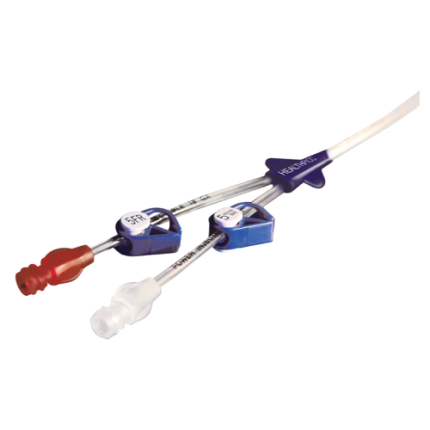
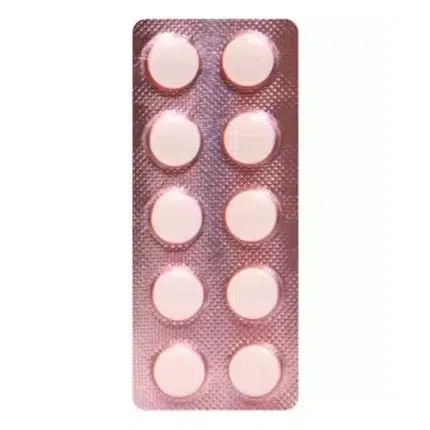
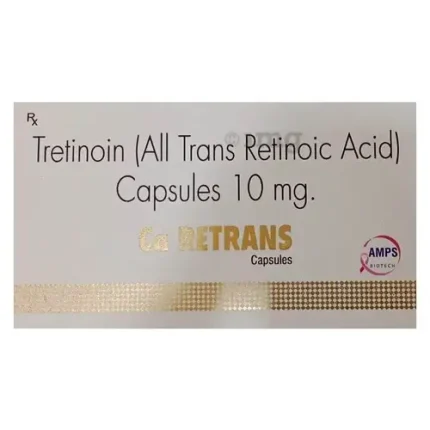

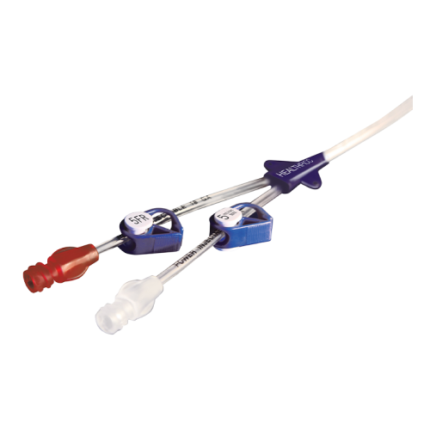

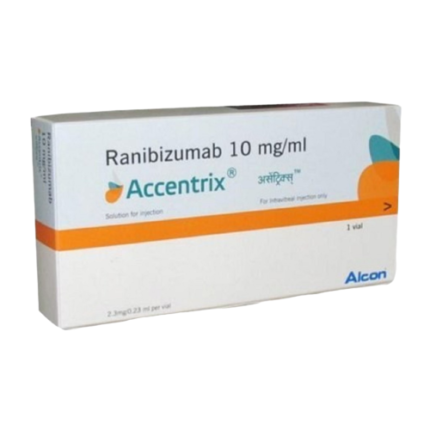

Reviews
There are no reviews yet.